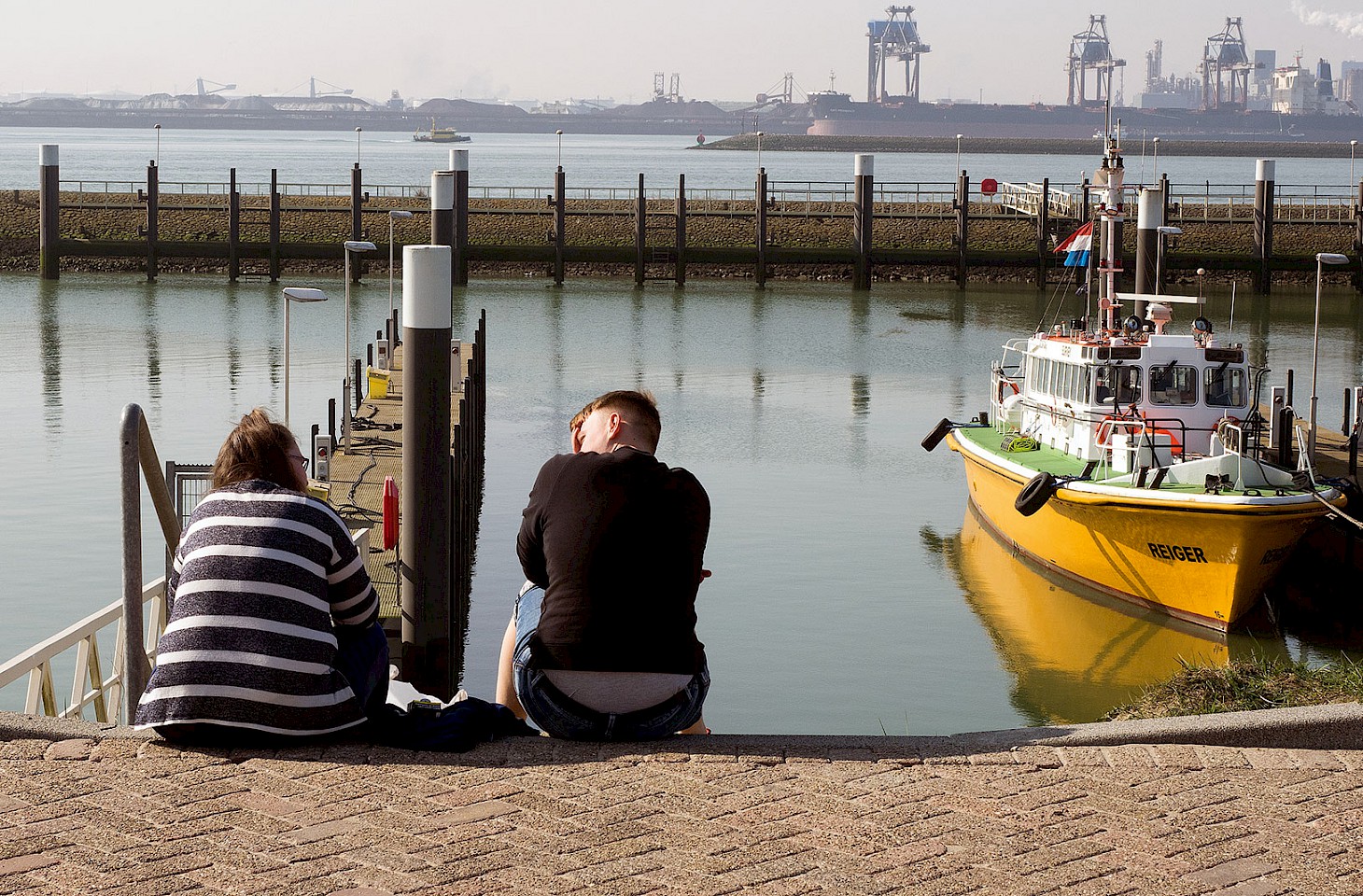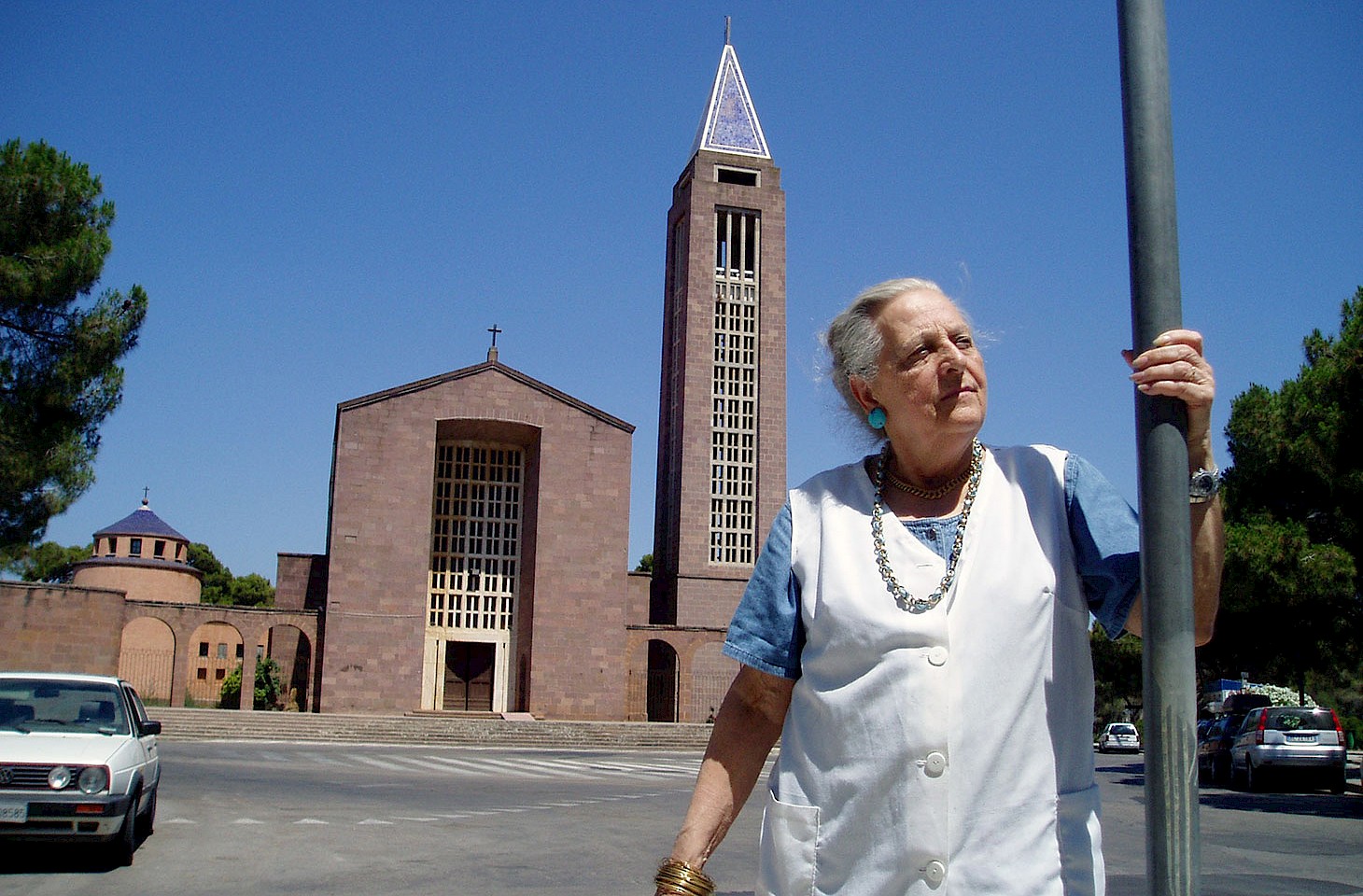Dear fellow travellers
Reports this week of Montenegro's imminent status as Europe's newest nation state have prompted us in hidden europe to take a look at some of the smaller republics that once featured on the shores of the eastern Adriatic. Who now remembers the Republic of Poljica, a little independent fiefdom which, for several centuries, held sway over a dozen villages on the Dalmatian coast just southeast of Split, until it was swept away by Napoleon in 1807?
Or Ragusa? This Friday is, as it happens, the bicentennial of the French occupation of the Republic of Ragusa. It was on 26 May 1806 that the independent maritime trading city of Ragusa, nowadays known as Dubrovnik, surrendered to French forces, thus ending the long siege of the isolated territory by Russian ships lying offshore. But this was a bittersweet moment, marking as it did the beginning of the end for the Ragusan Republic. Napoleon did not for long tolerate this picturesque political curiosity from another age, and the proud Ragusan Republic was quickly consigned to history. Ragusa, which in 1776 had been the first political entity to recognise the legitimacy of the new United States of America, had outlived its rival Venice, and yet, in the new order of things, there was no place for this anachronistic state - one which, bizarrely, changed its Head of State once a month.
In the July 2006 issue of hidden europe, we look at some other geopolitical curiosities in the eastern Adriatic, but meanwhile all eyes will be on the new Republika Crna Gora.
A stop on the iron road
The landscapes of fiction are oftentimes more engaging than the real places to which we travel. Witness the town of Gilas, which secured a cursory mention in the editorial to the May 2006 issue of hidden europe. There is probably no such place as Gilas, and yet we've all been to Gilas a thousand times on our wanderings. It is no more than a wayside stop on the railway... not any railway, but the elemental, poetic railway of Hamid Ismailov's first Russian novel to be translated into the English language, The Railway (just published by Harvill Secker, London).
Ismailov's Gilas is populated by a cast of colourful characters, like the town's patriarch, Hoomer, half-Tatar and half-Uzbek, who lives by the water tower that stands alongside the railway line. Naturally his wife is also half and half: Jewish and Armenian, perhaps, but it matters not in this world of fluid identities where mullahs jostle with Bolsheviks, and orphans, men with pock marked faces and amputees populate a small town by the railway that is beyond the furthest edge of Europe. And yet, for experienced modern travellers, the ones who have found themselves unexpectedly stranded for a weekend in some outpost of post-Soviet space, Gilas, with its market, its vile curses and plentiful vodka, has a familiar intimacy - a place in a scorched shrubland where the railway is the only link to civilisation.
The Railway is a fine novel, a truly remarkable piece of prose that blends into poetry, subtly evoking a sense of landscape and a spirit of place in the manner that is usually reserved only for the very best travel writing. Take DH Lawrence's Sea and Sardinia, add a dose of Edith Durham's High Albania, plus a few mystics and the Party faithful, and you begin to approach the fabulous cultural complexity of Gilas. Like Philip Marsden's The Spirit-Wrestlers, Hamid Ismailov's The Railway is an essay on the survivors of the Russian century, plus an elegy for those whose lives and bodies were broken in some God-forsaken small town in the steppes. The Railway chronicles small town life between the start of the twentieth century and some ill defined moment, in the early 1980s perhaps, when Oppok-Lovely, Gilas' onetime passport officer, is reduced to frail paralysis, and the men of Gilas no longer yearn for the attentions of Froska, now plump in her old age, who used to sell fizzy water at the railway station. Gilas fades, and yet there remains the poetry of Robert Chandler's superb translation of Ismailov's prose:
"And the boy shouted, 'Girl, I love you,' and this time there wasn't anything he was frightened of, because he knew that in the falling darkness his voice would not carry beyond this ploughed earth, beyond these Russian olives, beyond this emptiness which was by now a personal emptiness that he had himself marked and filled, filled so full that now he wanted to leave it alone, like well-worked dough that has already risen to the top of the bowl; and he began to walk quickly back along the sleepers."
Nicky Gardner and Susanne Kries
(editors, hidden europe magazine)



